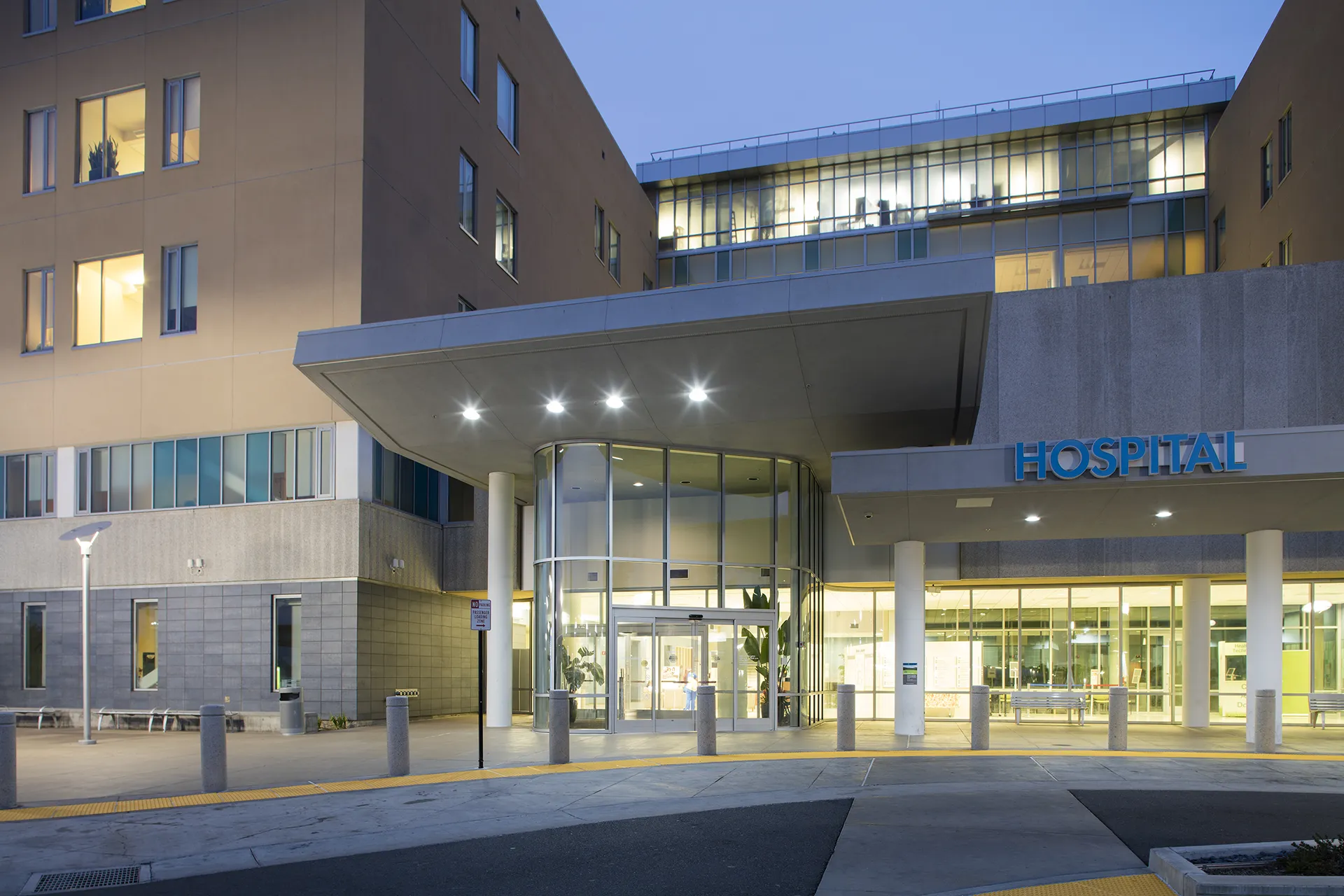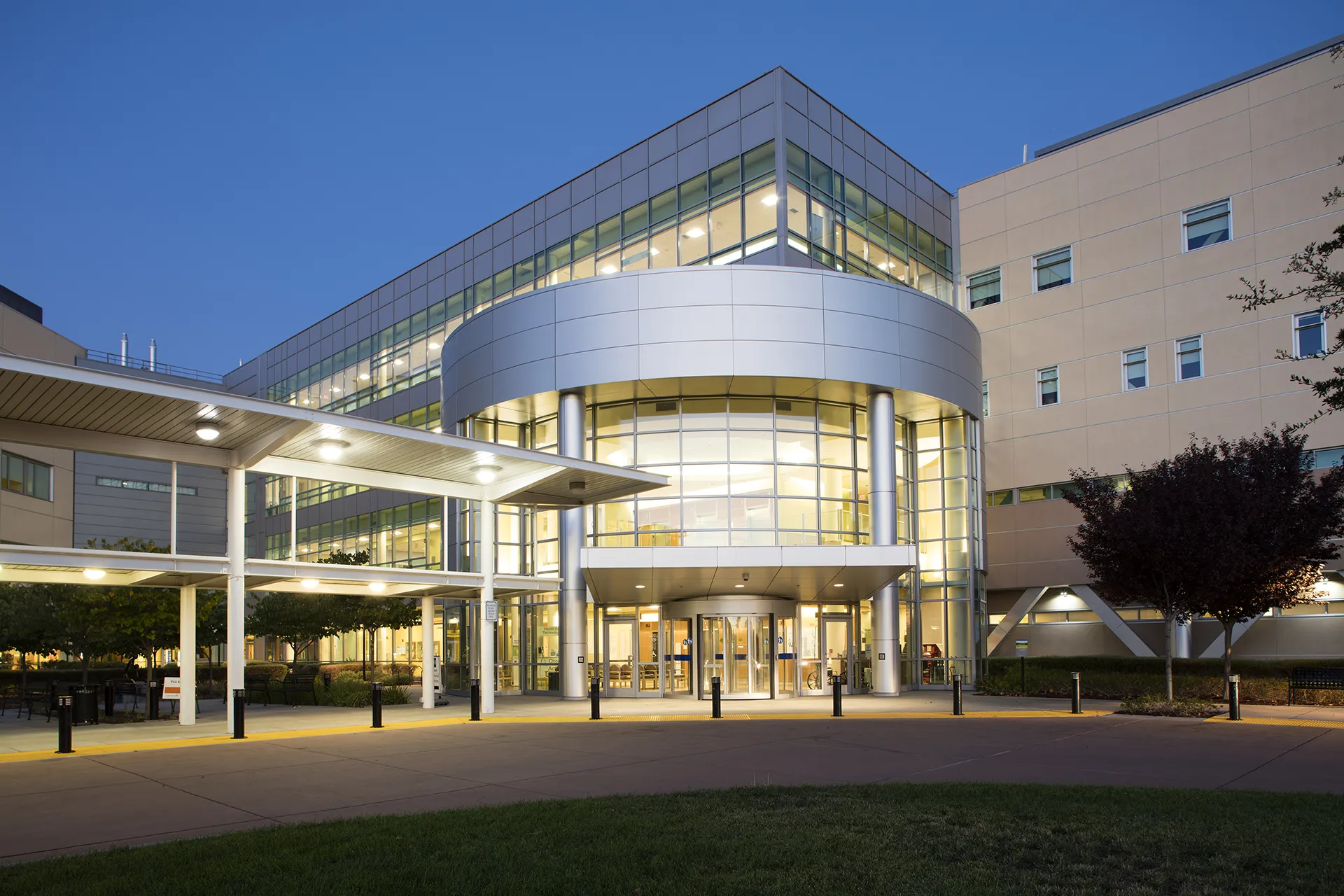Neuropsychology Postdoctoral Residency – Vallejo
Neuropsychology Consortium (Vallejo and Redwood City)


Vallejo is a rapidly growing community in Solano County that includes Downtown Vallejo, Mare Island, Northgate and the Waterfront. The surrounding area provides a number of fun activities including a Six Flags amusement park, naval museum exploring the history of the city and former naval base at Mare Island, concerts and films at the historic Empress Theater, hillside trails and rugged beaches at the Benicia State Recreation Area. San Francisco is easily accessible via the Vallejo Ferry and the Napa wine country is less than an hour’s drive away. The cost of living in Vallejo is one of the most affordable in the Bay Area.
Kaiser Permanente Napa Solano, first established in Vallejo in 1945, has steadily grown to serve 312,000 members, spanning an area stretching from the Carquinez Bridge north to Vacaville and Dixon, through the Napa Valley to Calistoga, and over to Benicia.
The Kaiser Permanente Vallejo Medical Center, rebuilt in 2010, is comprised of a 267-bed hospital and large outpatient medical office complex offering a range of primary care and specialty services. The hospital houses the renowned Kaiser Foundation Rehabilitation Center, which provides state-of-the-art rehabilitation services to health plan members throughout Northern California. The ethnic diversity of the patient population is broad and includes Latino/a, African American, Pacific Islander, Asian, Caucasian, and those of other backgrounds. Kaiser Vallejo provides services to a large Medi-Cal population and functions much like a county hospital.
Program Curriculum
Equity, Inclusion & Diversity
We are committed to nurturing and integrating diversity training into all aspects of our neuropsychology postdoctoral residency program by:
- Providing residents with opportunities to work with patients who represent various aspects of diversity, including age, religion, gender, socioeconomic status, ethnicity, values, lifestyle and disability status.
- Placing a high value on residents’ willingness to engage in self-reflection and learning and supporting the exploration of attitudes, beliefs and therapeutic postures that could impact clinical interactions.
- Neuropsychology Residents are invited to participate in the Regional Mental Health Training Program EID Committee’s advanced trainings on topics related to cultural sensitivity and competence along with a forum to reflect on and discuss their varied experiences in a safe environment.
Didactic Training
- Two hours of weekly training that includes a case review and a topic in advanced neuropsychology
- One day per month of a full-day seminar on neuroanatomy and other topics that prepare Residents for board certification
- Two hours per month of neurorehabilitation-specific training during Grand Rounds and/or multidisciplinary journal club
- Monthly regional didactics on advanced psychology practice
General training in Neuropsychology following the Houston Guidelines:
- Neuropsychological interviewing, report writing, and feedback
- Validity testing
- Capacity evaluations
- Memory: anatomy and assessment
- General Neuroanatomy
- Neuropsychology of mild and severe traumatic brain injuries
Supervision
- Individual supervision is as needed (i.e., immediately after scoring data and/or prior to writing reports or assessments) and averages approximately 3 to 4 hours per week.
- Group supervision is also available and in excess of 2 hours per week.
- Daily meeting with all trainees to review cases, develop testing batteries, and have impromptu didactics based on caseload diagnoses and clinical needs.
Community Partnership Program
Reflecting Kaiser Permanente’s core commitment to mental health and wellness in our communities, each trainee will spend at least 32 hours during their training year on a Community Partnership Project that focuses on improving health and/or mental health in the local community beyond our Kaiser Permanente patient members.
The goal of this project is to provide outreach to underserved populations. Anchors for the project include developing alliances with individuals and/or systems to improve the lives of those served; providing education and training based on the empirical literature; and presenting relevant outcomes data to partnership stakeholders.
Neuropsychology residents have worked with local schools and club sports programs to provide students, parents, coaches, and teachers with psychoeducation on sports-related concussions, return-to-play, and accommodations to ensure academic success.
Psychological Assessment
The Vallejo Neuropsychology Postdoctoral Residency in Neurorehabilitation and Sports Concussion is a two- year program at Kaiser Foundation Rehabilitation Center (KFRC) with an integrated rotation in Sports Concussion at Kaiser Permanente Vacaville.
During the first year of training at KFRC, Residents primarily work with an inpatient population and rotate between the traumatic brain injury and the spinal cord injury teams. Neuropsychological assessments in this setting are typically brief and referral questions include capacity and readiness to return to school or work.
During the second year of training at KFRC, Residents will have additional opportunities to work at the Vacaville/Vallejo Youth Sports Concussion clinics. Residents will also conduct more traditional outpatient neuropsychological evaluations referred through Psychiatry and Neurology.
Tracks and Rotations
Vallejo Neuropsychology and Neurorehabilitation
The Vallejo Neuropsychology and Neurorehabilitation track is located within the Neuropsychology Department of the Kaiser Foundation Rehabilitation Center (KFRC), a CARF (Commission on the Accreditation of Rehabilitation Facilities)– accredited, regional neurorehabilitation center for all of Kaiser Permanente Northern California. The Center serves patients ages 14 and older who represent the diverse population of the greater Bay Area.
KFRC maintains high standards of maximizing recovery potential by accepting most patients directly from acute care and discharging them to the community. Residents are pivotal in improving patient participation in therapy classes while also helping with post-discharge community re-integration. Many providers in the department have worked at KFRC for over a decade, demonstrating a solid commitment to the community, as well as the department and its mission statement.
Residents are trained to be the primary contact on a treatment team that is comprised of a physiatrist, case manager, nurse, social worker, physical therapist, occupational therapist, and speech and language pathologist. Team assignments are based on clinical interests and professional strengths. There are, however, opportunities to develop expertise with stroke, spinal cord injury and brain injury.
Daily job assignments include neuropsychological assessments (inpatient and outpatient), brief treatment psychotherapy (adjustment to disability), behavior management, pain management, consultation, psychoeducation, and occasional bedside hospital consultations for medical decision-making capacity. Residents will also have opportunity to provide direct supervision to advanced practicum students.
As part of the Neuropsychology team, residents will present clinical cases throughout the year; and develop and present at least two PowerPoint presentations on any neuropsychology topic of interest to help develop expertise in the area.
Vacaville Outpatient Neuropsychology Rotation
The Vacaville Kaiser Permanente Sports Concussion program uses a multidisciplinary approach to managing adolescent patients with protracted sports-related head injuries. Residents have the unique opportunity to work alongside sports medicine physicians and physical therapists trained in vestibular therapy. Residents learn how to interpret IMPACT test results and compare performance to baseline functioning, when available.
Evaluations help inform decisions about an athlete’s readiness to return to school or play. Interventions and evaluations are focused on the athlete but psychoeducation and advocacy with the patient’s parents/guardians, schools, and community, are also a large facet of the neuropsychological work.
Residents will become CIC trained IMPACT providers.
Training Schedule: Residents will spend two days per week in Vacaville during the second year of their 2-year neurorehabilitation residency.
Mornings at the clinic will include being an active participant in the multidisciplinary treatment team evaluations. As a team member, the Resident will be instrumental in providing patients and their families with psychoeducation, recommendations, and resources.
Afternoons at the clinic will be spent conducting outpatient neuropsychological evaluations that are referred from the Neurology and Sports Medicine clinics.
Schedule
Monday through Friday (8am to 5pm, 40 hours per week)
- Direct patient care: 27 hours
- Non-patient care: 4 hours
- Individual clinical supervision: 1 hour
- Individual delegated supervision: 1 hour
- Group supervision: (2+ hours)
- Didactic Training: 4 hours
- Community Benefit Project: 32 hours per year
- Research Project: variable hours per month
Vacaville Outpatient Neuropsychology Rotation
16 hours per week (approximately)
Program Graduates
2021-2023 Cohort
| Graduate | University/Institute | Track/Specialty Rotation | Current Position, Specialty & Location |
|---|---|---|---|
| David Ross | Loma Linda University | Kaiser Permanente San Diego |
2020-2022 Cohort
| Graduate | University/Institute | Track/Specialty Rotation | Current Position, Specialty & Location |
|---|---|---|---|
| Rosanna Scott | University of Central Florida | Kaiser Permanente Redwood City |
2019-2021 Cohort
| Graduate | University/Institute | Track/Specialty Rotation | Current Position, Specialty & Location |
|---|---|---|---|
| Denise Coquia | Palo Alto University | Kaiser Permanente San Rafael |
2018-2020 Cohort
| Graduate | University/Institute | Track/Specialty Rotation | Current Position, Specialty & Location |
|---|---|---|---|
| Jeffrey Murray | Loma Linda University | Loma Linda Medical Center and Rehabilitation Center |
2017-2019 Cohort
| Graduate | University/Institute | Track/Specialty Rotation | Current Position, Specialty & Location |
|---|---|---|---|
| Gregory Jackson |
